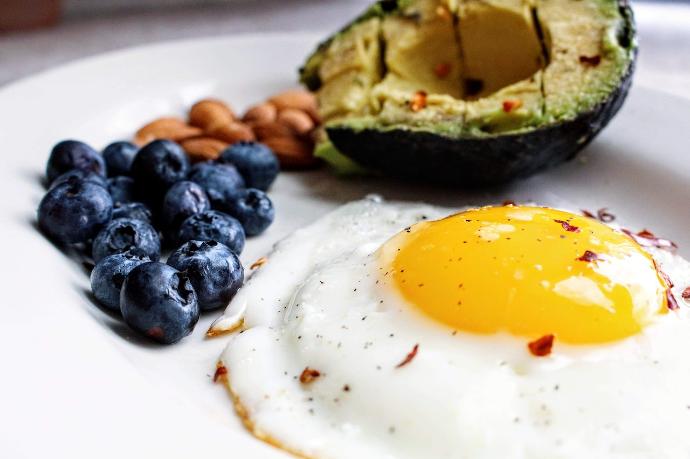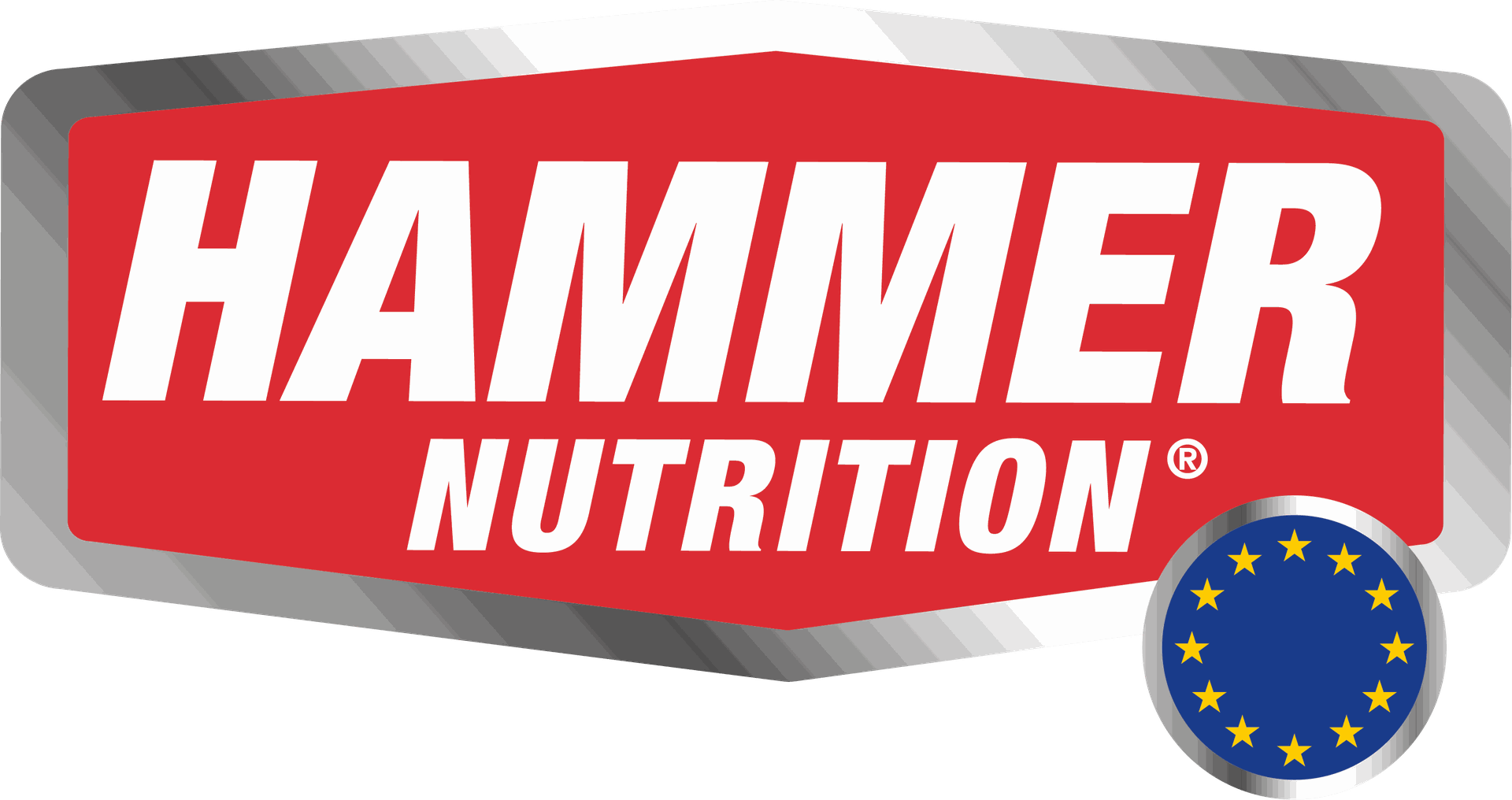Electrolytes for Keto: How to Avoid the Keto Flu

The ketogenic diet has become increasingly popular in recent years for its weight loss and health benefits. However, transitioning to a low-carb, high-fat diet can lead to a common side effect known as the "keto flu." The keto flu is a collection of symptoms when the body transitions from burning glucose to burning fat for fuel. Electrolytes play a crucial role in preventing and alleviating these symptoms. In this article, we'll explore the importance of electrolytes for the keto diet and how to avoid the keto flu.
Key Takeaways from this article:
- Electrolytes are essential for maintaining proper bodily functions, especially following a keto diet.
- The keto flu is a common side effect of the keto diet, caused by electrolyte imbalances.
- To avoid the keto flu, it's crucial to consume adequate electrolytes, particularly sodium, potassium, and magnesium.
- Electrolytes can be obtained through natural sources like food or supplements.
- It's essential to monitor electrolyte intake and not overconsume certain electrolytes, which can cause side effects like diarrhea.
- Drinking coffee is allowed on the keto diet, but be mindful of added cream and sugar, as they can add up quickly in carbs and calories. Consider using non-dairy creamers or natural sweeteners instead.
How Electrolytes Affect the Keto Diet
Electrolytes are minerals that carry an electric charge in the body. They are crucial in maintaining proper fluid balance, nerve and muscle function, and overall health. When transitioning to a low-carb, high-fat diet like the keto diet, electrolytes become even more critical.
Sodium, potassium, and magnesium are the three most important electrolytes for those on the keto diet. They help maintain proper hydration, nerve and muscle function, and energy production (Source: Healthline).
The Importance of Sodium on the Keto Diet
Sodium is one of the essential electrolytes in the keto diet. When transitioning to a low-carb, high-fat diet, insulin levels decrease, causing the kidneys to excrete more sodium. This can lead to a sodium deficiency and contribute to keto flu symptoms. To prevent this, increasing sodium intake through sources like salt, broth, and other high-sodium foods is important.
The Role of Potassium in the Keto Diet
Potassium is another essential electrolyte to consider on the keto diet. It is vital in nerve and muscle function, including the heart. Low potassium levels can lead to muscle cramps, weakness, and even heart palpitations. Potassium-rich foods include avocados, leafy greens, salmon, and nuts.
Magnesium and the Keto Diet
Magnesium is a mineral involved in over 300 biochemical reactions in the body. It is crucial in muscle and nerve function, blood sugar control, and bone health. Low magnesium levels can contribute to the symptoms of the keto flu, including muscle cramps and headaches. Foods rich in magnesium include spinach, almonds, and dark chocolate.
Calcium and the Keto Diet
Calcium is another essential mineral that plays a crucial role in bone health and muscle function. While dairy products are a good source of calcium, they are not typically consumed in large amounts on the keto diet. Foods like broccoli, kale, and almonds are good sources of calcium.
Other Electrolytes to Consider on the Keto Diet
While sodium, potassium, magnesium, and calcium are the most important electrolytes to consider on the keto diet, other electrolytes can also play a role in preventing the keto flu. These include chloride, phosphorus, and bicarbonate.
Foods Rich in Electrolytes for the Keto Diet
One of the best ways to get electrolytes on the keto diet is through food. Foods that are rich in electrolytes include:
- Sodium: salt, broth, pickles, olives
- Potassium: avocados, leafy greens, salmon, nuts
- Magnesium: spinach, almonds, dark chocolate
- Calcium: broccoli, kale, almonds, canned sardines with bones
Electrolyte Supplements for the Keto Diet
Supplements can be a good option if you're having trouble getting enough electrolytes through food. Electrolyte supplements come in various forms, including powders, capsules, and drinks. When choosing a supplement, look for one that contains a balance of sodium, potassium, magnesium, and calcium.
How to Prevent the Keto Flu
The best way to prevent the keto flu is to ensure you get enough electrolytes. In addition to increasing your intake of electrolyte-rich foods, consider taking an electrolyte supplement. Staying hydrated is also essential by drinking plenty of water and other fluids.
Electrolyte imbalances can lead to various symptoms, including muscle weakness, fatigue, irregular heartbeat, and even seizures (Source: Medical News Today).
Tips for Staying Hydrated on the Keto Diet
Staying hydrated is essential on any diet, but it's imperative on the keto diet. The body excretes more water and electrolytes when transitioning to a low-carb, high-fat diet, leading to dehydration. To stay hydrated on the keto diet, drink plenty of water, herbal tea, and other low-carb fluids.
In addition to electrolytes, adequate water intake is important for avoiding the keto flu. Drinking at least eight glasses of water daily can help replenish fluids lost through increased urination on the keto diet (source: Harvard Health Publishing).
How to Incorporate Electrolytes into Your Keto Diet
Incorporating electrolytes into your keto diet is effortless. Start by increasing your intake of electrolyte-rich foods like salt, leafy greens, and nuts. You can also add electrolyte supplements to your daily routine. Consider drinking a cup of broth or electrolytes before and after exercise to replenish lost electrolytes.
Common Mistakes to Avoid with Electrolytes on the Keto Diet
One common mistake people make on the keto diet is needing more electrolytes. This can lead to keto flu symptoms, including headaches, fatigue, and muscle cramps. Another mistake is relying too heavily on supplements and needing more electrolytes from food. Finally, it's essential to be aware of the sodium content in processed foods, as they can be high in sodium and contribute to a sodium imbalance.
When to See a Doctor on the Keto Diet
While the keto diet is generally safe for most people, talking to your doctor before starting any new diet or exercise routine is essential. If you experience severe or prolonged keto flu symptoms, such as vomiting or extreme fatigue, seeking medical attention is vital.
Conclusion
Electrolytes play a crucial role in preventing and alleviating keto flu symptoms. By increasing your sodium, potassium, magnesium, and calcium intake, you can avoid the symptoms of the keto flu and maintain good health on the keto diet. Remember to stay hydrated and incorporate electrolytes into your daily routine through food or supplements. By following these tips, you can enjoy the benefits of the keto diet without the adverse side effects.
FAQs
What is the keto flu?
The keto flu is a collection of symptoms when the body transitions from burning glucose to burning fat for energy. Symptoms include headaches, fatigue, muscle cramps, and nausea.
How long does the keto flu last?
The duration of the keto flu varies from person to person. For some, it can last a few days, while for others, it can last up to two weeks.
Can electrolyte supplements cause side effects?
Electrolyte supplements are generally safe when taken as directed. However, taking too much of certain electrolytes, such as magnesium, can cause diarrhea.
Can I get electrolytes from sports drinks?
While sports drinks contain electrolytes, they are often high in sugar and can contain artificial ingredients. It's best to get electrolytes from natural sources like food or supplements.
Can I drink coffee on the keto diet?
Yes, you can drink coffee on the keto diet. However, be mindful of the cream and sugar you add, as they can add up quickly in carbs and calories. Consider using non-dairy creamers or natural sweeteners like stevia or monk fruit.






